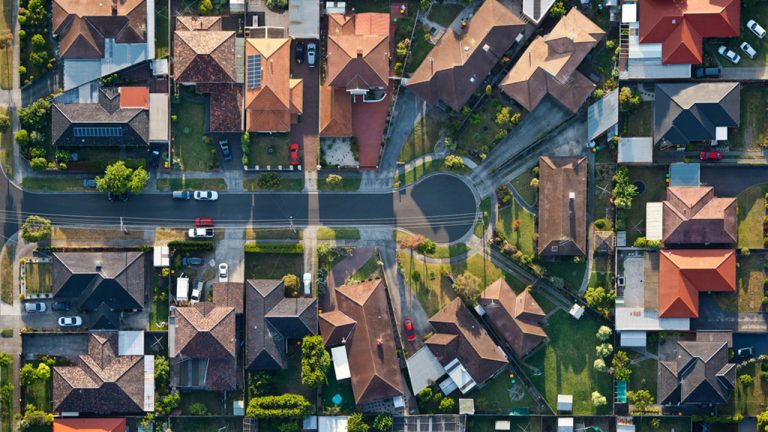A reverse mortgage is a type of home loan that lets seniors borrow money while still living in their own homes.
When retirees borrow against the equity they’ve built up in their homes, they don’t have to make any monthly payments until they move or sell their house. Then, when you move or sell your house, you must pay back all of the reverse mortgage funds you’ve borrowed.
The amount that retirees can borrow depends on several factors: how much equity they have in their home, the current interest rate and what term they choose for their loan. Most people get a lump sum due at once or in monthly installments over time. If you use a reverse mortgage, lenders will expect the borrower to continue making all property tax, insurance and association dues on the home until they pay back what was borrowed or pass away.

It’s important for retirees to find out everything they can about a specific program or company before signing on the dotted line. While borrowing against your home may seem like an easy way to get some extra cash, it will affect more than just your credit rating down the road. Loans are usually offered by private lenders, credit unions and the Federal Housing Authority.
Reverse mortgage loans are different from typical home equity loans which are taken out as lump sums. With a reverse mortgage, you will receive monthly or annual payments from the lender, usually for as long as you live in the home. You can use this money for any reason you wish, but if you plan to pay off your loan before you die, it would be wise to choose expenditures that maximize your home’s value.
You may not have to repay the loan until you move out of or sell your home, but you will be responsible for any property taxes and homeowner’s insurance. If the borrower dies before repaying the loan, it becomes due immediately and money from your estate must cover this cost.
Reverse mortgages are more expensive than conventional mortgages because they are riskier for lenders. Reverse mortgage loans are an expensive way to borrow money, but they can be a good idea for some homeowners who want to access the equity in their homes while staying in them.







